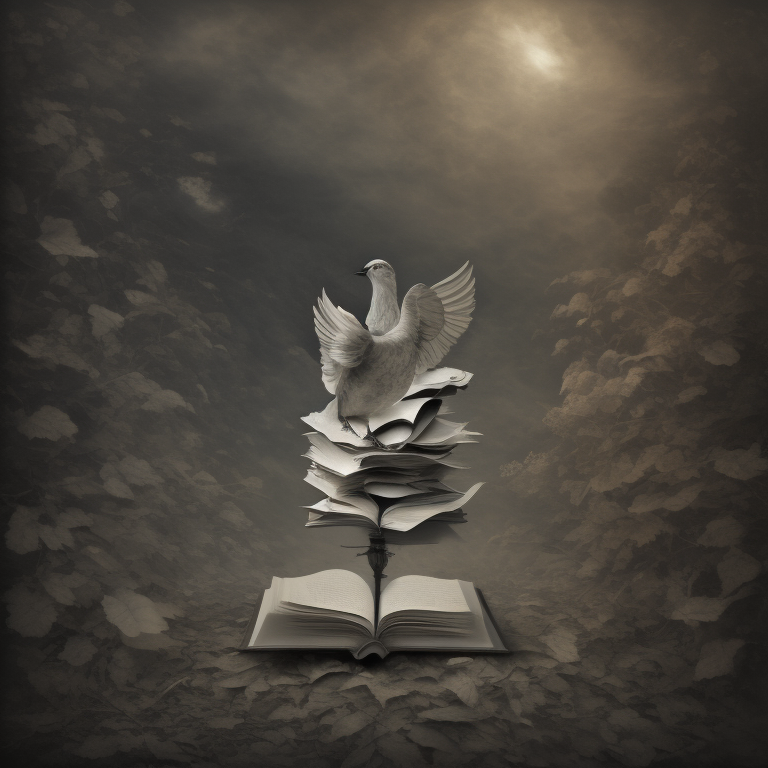When it comes to the world of literature, poetry holds a special place. It is a form of artistic expression that has captivated readers for centuries. Within the realm of poetry, we often come across terms like “poem” and “poetry”. While these terms may seem similar, they have distinct differences that set them apart. In this blog post, we will explore the dissimilarities between a poem and poetry.
What is a Poem?
A poem is a specific piece of writing that falls under the broader category of poetry. It is a composition that uses language to evoke emotions, paint vivid imagery, and convey a message or idea. Poems are typically shorter in length compared to other forms of writing, such as novels or essays. They often utilize various literary devices like metaphors, similes, and rhyme schemes to enhance their impact.
One of the defining characteristics of a poem is its structure. Poems can take on various forms, such as sonnets, haikus, ballads, or free verse. Each form has its own set of rules and guidelines regarding line length, rhythm, and rhyme. These structural elements contribute to the overall aesthetic and impact of the poem.
What is Poetry?
Poetry, on the other hand, is a broader term that encompasses a wide range of creative expressions. It is the art and craft of writing poems. Poetry encompasses not only the individual poems themselves but also the techniques, styles, and traditions associated with the art form.
While poems are specific compositions, poetry is an entire genre or category of literature. It encompasses the vast body of work created by poets throughout history. Poetry can be found in different forms such as epic poems, lyrical poetry, narrative poetry, and more. It allows for experimentation and innovation, giving poets the freedom to explore various themes, emotions, and ideas.
The Relationship Between Poem and Poetry
Although a poem is a part of poetry, it is important to note that not all poetry is in the form of a poem. Poetry can also manifest itself in other ways, such as spoken word performances, slam poetry, or even in the lyrics of songs. The term “poem” refers specifically to a written composition, while “poetry” encompasses a broader range of artistic expressions.
Furthermore, poetry is not limited to just written works. It can also be expressed through visual art, such as calligraphy or typography, where the arrangement of words on a page becomes a visual representation of poetic expression. Additionally, poetry can be found in oral traditions, where the spoken word takes center stage in storytelling and cultural preservation.
The Essence of Poem and Poetry
Both poems and poetry share a common purpose: to evoke emotions, provoke thoughts, and connect with the reader or audience on a deeper level. They both have the power to inspire, challenge, and entertain. Poems and poetry have the ability to capture the essence of the human experience, exploring themes of love, loss, nature, and the complexities of life.
Whether it is a single poem or the vast world of poetry, the beauty lies in the ability to express oneself through words and engage with others on a profound level. Poems and poetry have the power to transcend time and cultural boundaries, making them an integral part of our literary and artistic heritage.
In conclusion, while a poem is a specific composition within the realm of poetry, poetry encompasses a broader range of creative expressions. Poems are individual works that utilize language and literary devices to evoke emotions and convey a message. Poetry, on the other hand, is the art and craft of writing poems, encompassing various forms, styles, and traditions. Both poems and poetry play a vital role in our cultural and literary landscape, enriching our lives with their beauty and power.
